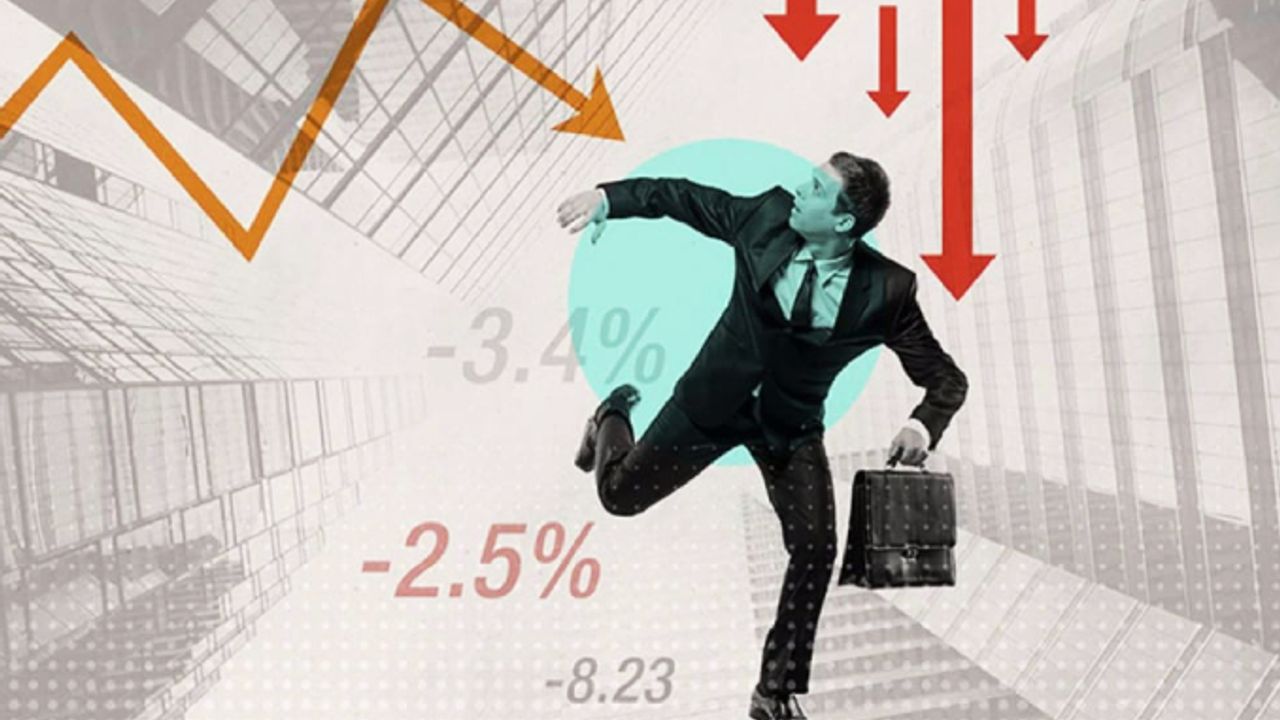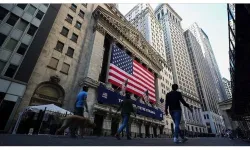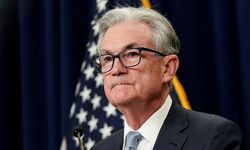Wall Street traders have recently been recalling bad memories of 'Black Monday' more frequently. On October 19, 1987, during the great stock market crash, the Dow Jones Index fell 22.6% in one day. Compared to today's markets, that's a drop of 7,500 points.
As MarketWatch reports, the reason why investors recall that date is that before the crash, just like now, US Treasury bond yields jumped sharply. No one wants this kind of collapse to happen. But it doesn't have to happen for portfolios to suffer.
The fact that bond yields remain high is already damaging for investors. Steen Jakobsen, Chief Investment Officer at Saxo Bank, talks about what might happen next in the markets and what investors should do.
According to Jakobsen, the first thing to remember is that an important reason for the recent rise in bond yields is, according to the stock market expert, the nature of the financial system. Governments think they can issue an infinite amount of bonds with no consequences for inflation.
"The marginal cost of capital is being forced on the market as the debt from bond issuance exceeds the available capital. The market doesn't believe that any government will be willing to repay its debts with a prudent fiscal policy, and unfortunately they are right."
As a result, the markets are now reaching the stage where something is breaking. "With real interest rates too high and central bank officials asleep at the wheel, the global economy is on a downward spiral," the stock market expert warned.
Rising bond yields could change the mindset of US Federal Reserve officials. According to Jakobsen, Fed officials will start talking more about rate hikes in 2024 and the rise in the long-term end of the bond yield curve will force the Fed to exercise some kind of indirect or implicit rate hike control. The stock market expert suggests a policy shift that keeps ten- to thirty-year bond yields at 5%.
The Fed could also consider abandoning its quantitative easing policy. The US central bank could stop selling bonds or stop paying interest on excess reserves in the banking system. This would lead to an annual build-up of between 100 billion and 200 billion on the Fed's balance sheet, but it would also force banks to buy bonds to meet capital regulatory requirements.
So what should investors do?
According to Jakobsen and his colleague at Saxo Bank, Peter Garnry, Head of Equity Strategies at Saxo Bank, reducing risk and waiting patiently is the right thing to do. But the two stock market experts also pointed to five important strategies investors can take:
The first is to increase cash holdings, exit some equity positions or stop investing further and wait patiently. "Investors should generally avoid cashing out all cash as the timing increases your risk. "You need to be equally lucky both exiting and re-entering stocks," Garnry warned.
Another strategy is to hedge your equity portfolio by shorting a single index-linked ETF or other suitable instrument. "For example, for portfolios with exposure to U.S. equities, it may be appropriate to consider the SPDR S&P 500 ETF SPY, the most widely traded ETF tracking the broad S&P 500 Index, or the Invesco QQQ Trust Series I ETF QQQ, which tracks the Nasdaq 100 Index," Jakobsen said.
A third strategy could be to return to short-term bonds such as 2-year US Treasuries. This is because real yields are too high for this stage of the economic cycle. Therefore, these yields may decline as inflation falls or bond yields fall, but the coupon rates you have fixed will be permanent.
With the risks of stagflation receding, investors may favor defensive stocks over stocks favorable to a cyclical economy. Garnry reminds us that historically, stagflation-like scenarios have been bad for technology, finance and real estate: "Defensive sectors such as utilities, energy, consumer staples and healthcare typically perform much better in a recession. It is therefore important for investors to avoid exposure to cyclical sectors and especially technology stocks."
A final piece of advice, according to stock market experts, is to stay away from mega-cap stocks. "One of the big themes of stock market investing this year has been artificial intelligence, and that has made U.S. mega-cap stocks so inflated," Garnry said.
5 strategies for investors as the US heads into recession
The sharp rise in US bond yields has Wall Street investors worried. Experts believe that the best strategy is to avoid risk and wait patiently
Editor: Albert Owen
Trending news

Snoop Dogg to carry the Olympic torch

Lily James Expresses Admiration for Hailey Bieber’s Rhode Skincare Line

Taylor Tomlinson Will Explore Her Faith and Sexuality on Tour!

'Alien mummy' in Peru raises eyebrows

Scandal in the heart of Europe: Child abuse in a church!

Kamala Harris’ Running Mate: Here’s Who Could Be Her VP After Biden Drops Out And Endorses Her









